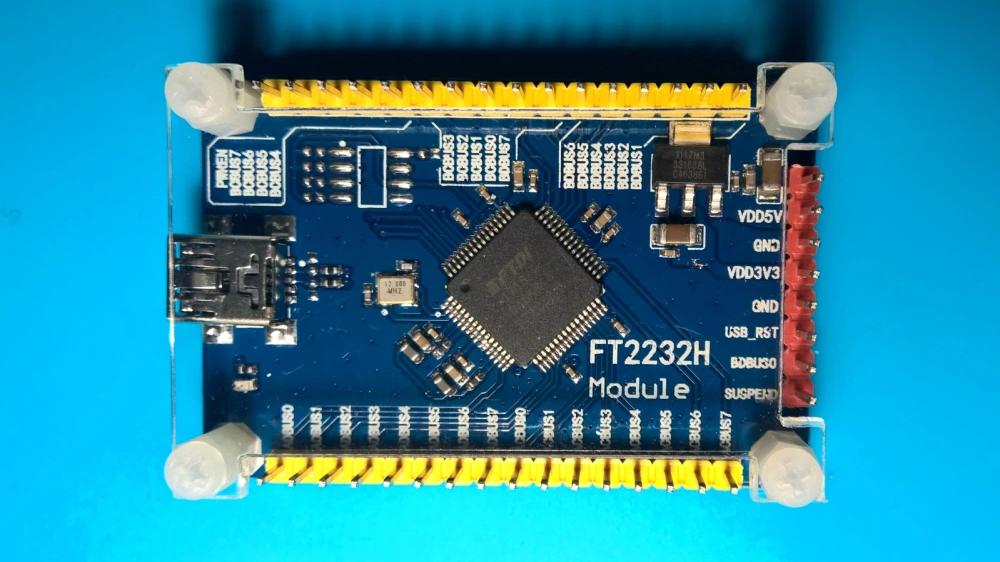What is the problem?
So I'm trying to run OctoPrint on a laptop I have lying around, and eventually build a cheap PC for it since I'm noticing a big difference in print quality after switching from my RPi4 (4gb RAM). My only issue is that now the plugins I used to use for my LEDs and Emergency Stop button used the GPIO on the Pi, which, obviously, a computer does not have. I'm wondering if I can somehow use the Adafruit FT232H board I have also lying around to add GPIO to the PC. Not sure if this would require redoing each plugin individually to utilize the new GPIO implementation, or if it might be any bit easier than that?
What did you already try to solve it?
Not much, wondering if anybody has experience with similar situations before I just start winging it.
Additional information about your setup (OctoPrint version, OctoPi version, printer, firmware, what kind of hardware precisely, ...)
RPi 4 4GB w latest OctoPi
Lenovo Thinkpad Edge i3 w/ 4 or 8GB RAM (not a fantastic laptop by any means) w/ latest OctoPrint
Adafruit FT232H Breakout Board
Plugins in question:
Emergency Stop Simplified
RGB Status
CR-10 w/ Stock Mainboard w/ Custom Marlin 2.0 (for now, will be upgrading to SKR 1.4 Turbo as soon as it arrives in the mail)


